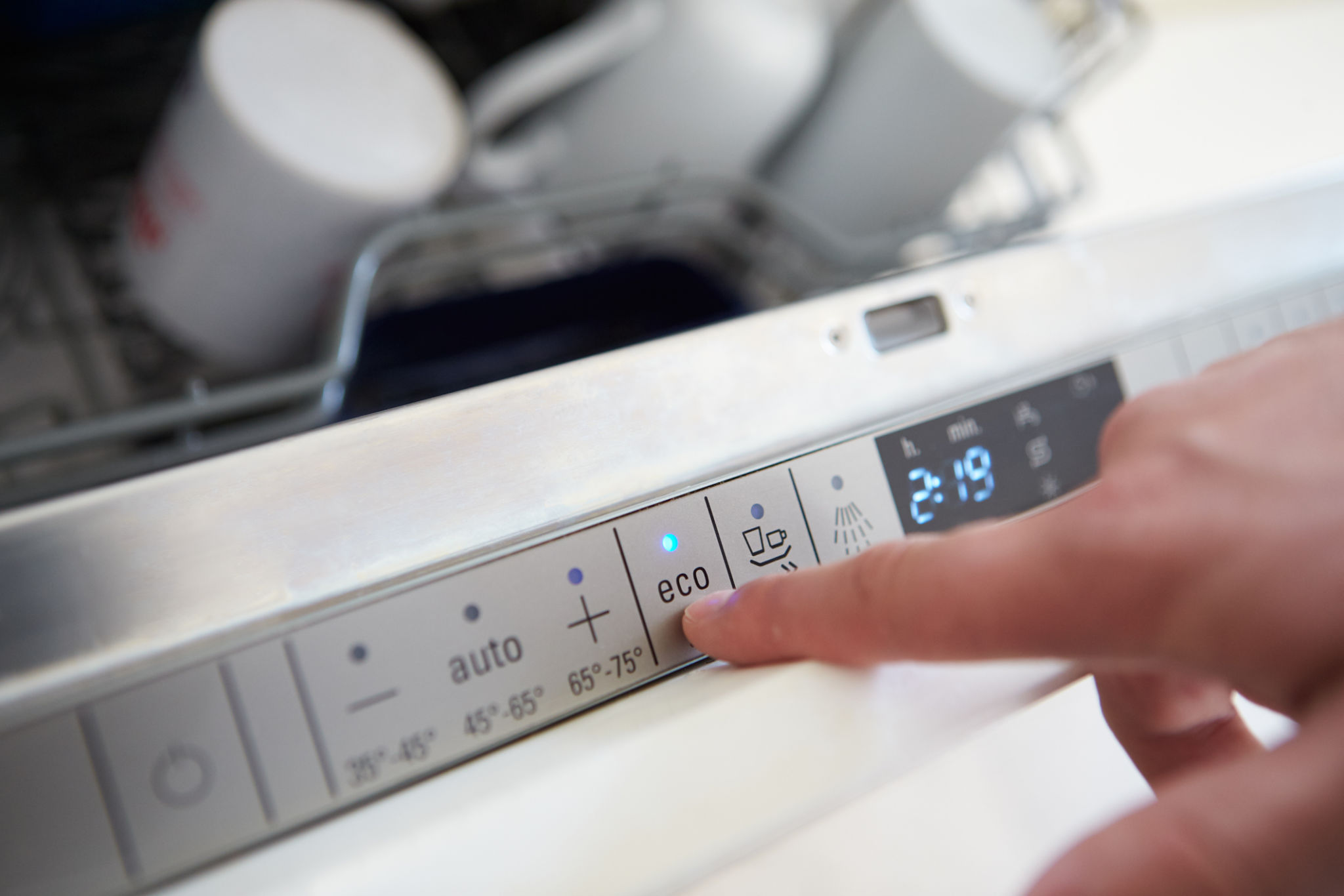Eco-Friendly Kitchens in Bradford: Designing Sustainable Spaces
Embracing Eco-Friendly Kitchens
In recent years, the trend towards sustainability has gained significant momentum, and kitchens have become a focal point in eco-friendly home design. Bradford, with its rich history and vibrant community, is no exception to this shift. Designing an eco-friendly kitchen not only helps reduce your environmental footprint but also enhances the aesthetic and functionality of your home.
Eco-friendly kitchens focus on using sustainable materials, energy-efficient appliances, and waste-reducing strategies. By integrating these elements, you can create a space that is both stylish and responsible. Let's explore how you can transform your Bradford kitchen into a sustainable haven.

Sustainable Material Choices
One of the first steps in designing an eco-friendly kitchen is selecting sustainable materials. Opt for cabinets and countertops made from recycled or renewable sources. Bamboo and reclaimed wood are popular choices due to their durability and minimal environmental impact. Additionally, consider using non-toxic finishes and adhesives to ensure a healthier environment for you and your family.
Flooring is another critical component to consider. Materials such as cork, linoleum, or tiles made from recycled glass can provide a unique and sustainable foundation for your kitchen. These options not only look great but also contribute to reducing the overall carbon footprint of your home.
Energy-Efficient Appliances
Investing in energy-efficient appliances is a crucial aspect of any eco-friendly kitchen design. Look for appliances with the ENERGY STAR label, which signifies that they meet strict energy efficiency guidelines. These products can significantly reduce your energy consumption, leading to lower utility bills and a reduced environmental impact.
Consider incorporating induction cooktops, which offer faster cooking times and use less energy compared to traditional gas or electric stoves. Additionally, energy-efficient dishwashers and refrigerators are essential for minimizing water and electricity usage in your kitchen.

Waste Reduction Strategies
Reducing waste is an integral part of creating a sustainable kitchen. Implementing a comprehensive recycling system can make it easier to manage waste responsibly. Consider setting up separate bins for compost, recyclables, and general waste to streamline the process.
Another effective strategy is to minimize food waste by planning meals and storing leftovers properly. Investing in quality airtight containers can help extend the life of your food, reducing the need to throw it away prematurely. Additionally, consider installing a compost bin in your kitchen to turn food scraps into nutrient-rich soil for your garden.
Water Conservation Measures
Water conservation is another essential aspect of an eco-friendly kitchen. Installing low-flow faucets and fixtures can significantly reduce water usage without sacrificing performance. These fixtures are designed to maintain water pressure while using less water, offering an effective way to conserve this precious resource.

Additionally, consider using a dishwasher instead of hand washing dishes. Modern dishwashers are designed to use less water than traditional hand-washing methods, making them a more sustainable choice for cleaning up after meals.
The Benefits of Eco-Friendly Kitchens
Designing an eco-friendly kitchen in Bradford offers numerous benefits beyond environmental sustainability. It can enhance the overall value of your home and provide a healthier living environment for you and your family. By reducing energy consumption and waste, you also contribute to lower household expenses.
Moreover, creating a sustainable kitchen can inspire others in your community to adopt similar practices, amplifying the positive impact on the environment. Embracing eco-friendly designs fosters a sense of responsibility and connectedness with nature, promoting a more harmonious way of living.
